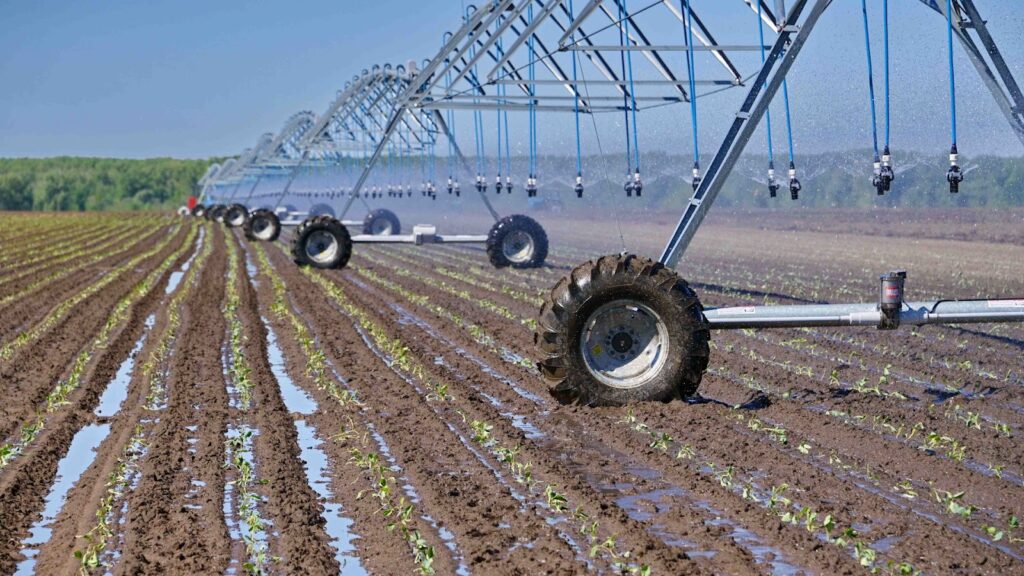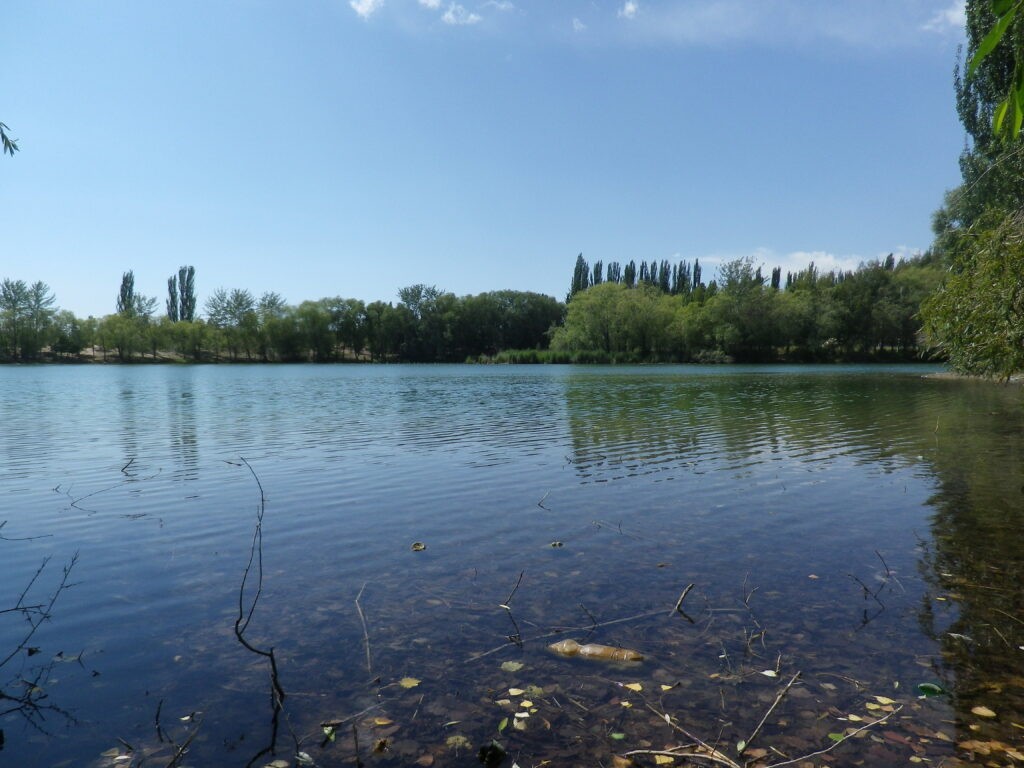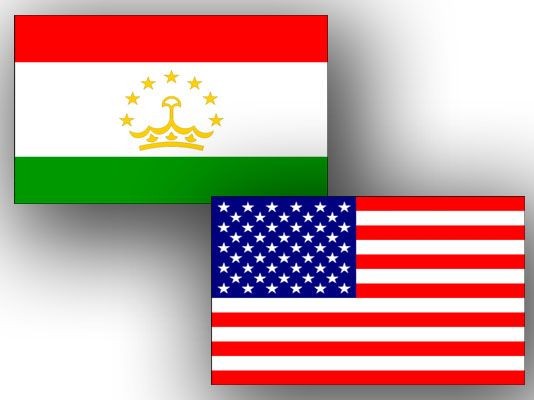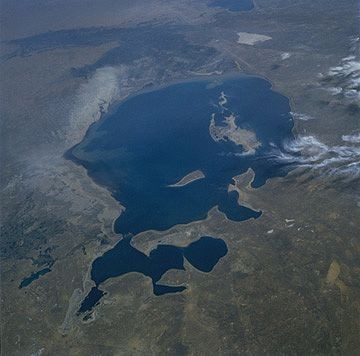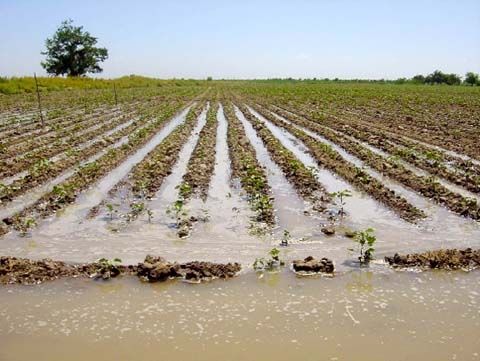Kazakhstan Needs Better Agricultural Technology
Over the past five years Kazakhstan has introduced water-saving technologies on a greater part of its agricultural land. Since 2019 this area has been expanded by 33%, from 210,000 hectares to 312,000 hectares in 2023, deputy minister of agriculture Amangaliy Berdalin said at a government meeting on January 22nd. He added that this year 1.58 million hectares of irrigated land are being cultivated in Kazakhstan. Of these, 1.1 million hectares, or 74% of the land, are surface irrigated (using canals and ditches), 97,900 hectares are flooded rice fields, 227,300 hectares (14.3%) use modern irrigation equipment, and 97,900 hectares (6.2%) use drip irrigation. However, at the same meeting the deputy minister of water resources and irrigation, Nurlan Aldamzharov, commented that the share of water consumption by agriculture today only accounts for 65% of the total water intake in Kazakhstan, and irrigation is impeded by large water losses, especially in the country’s dry southern regions. “In 2023, out of 1.8 million hectares of irrigated land, water-saving technologies were used on as little as 17% (312,000 hectares), which is extremely unacceptable in the current realities,” the deputy minister emphasized.


